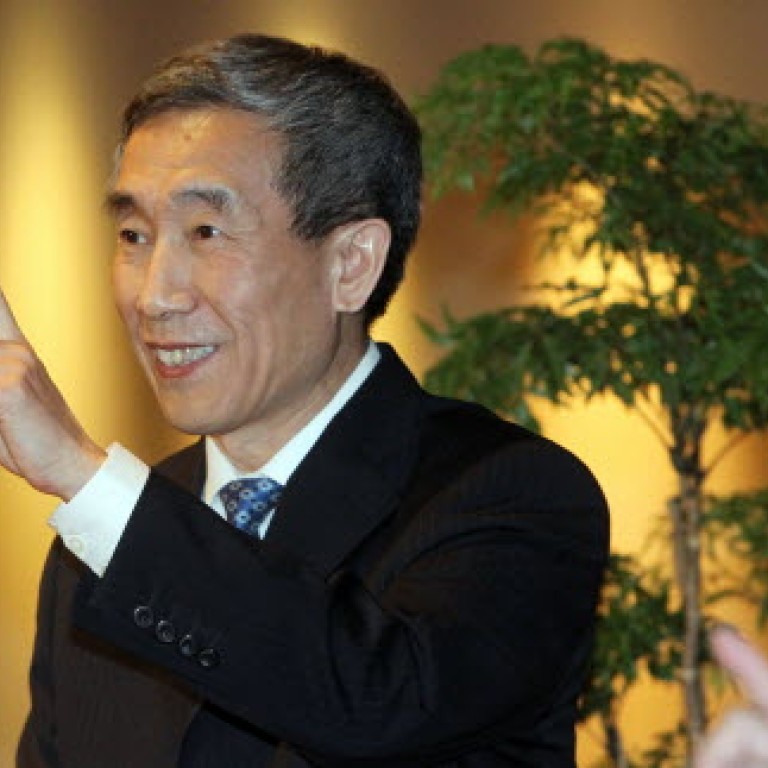
Another nail in the coffin for 2017 public nomination as Beijing's top legal official speaks out
Beijing’s top legal official is the latest to speak out against letting public vote for city’s chief executive in 2017, saying it goes against Basic Law
Allowing voters to nominate chief executive candidates would violate the Basic Law, Beijing's top legal official has been quoted as saying amid Hong Kong's electoral reform debate.
Basic Law Committee director Li Fei reportedly told a legal delegation yesterday that public nomination was not in line with the city's constitution.
"Li raised the topic of public nomination and said it violates the Basic Law," a delegate said after the three-hour meeting. "He asked us to take more initiative to explain the legal principles - in particular, Article 45 - to the public and through the media."
The clause states the city's leader should be nominated by a "broadly representative nominating committee in accordance with democratic procedures".
The meeting in Beijing was attended by about 15 legal professionals, including National People's Congress deputies, Chinese People's Political Consultative Conference delegates and three Basic Law Committee members.
At the centre of the electoral reform debate was how to put forward chief executive candidates for the popular vote. The city's pan-democrats want the public to be allowed to nominate names for the top job.
The delegate said Basic Law Committee deputy director Zhang Rongshun detailed the benefits of having a nominating committee. "Zhang said one of the benefits is to prevent party politics."
Meanwhile, Hong Kong's constitutional affairs minister will explore the feasibility of adding a clause to the government's report to the NPC Standing Committee, stating that the electoral methods could be amended after universal suffrage was introduced in 2017.
"If, legally, there is a way to state that after the 2017 chief executive poll, the composition of the nominating committee and the nomination process could be amended … it may be a more pragmatic way to reach consensus," Raymond Tam Chi-yuen said, adding that he would discuss the possibility with Secretary for Justice Rimsky Yuen Kwok-keung.
Asked if it was a way to convince the pan-democrats to accept the government's upcoming reform proposal, he said: "If anyone … thinks [the idea] could help reach a consensus on political reform, then it's worth doing."
Jiang Shigong , deputy director of Peking University's Centre for Hong Kong and Macau Studies, told the earlier that there would be more room for compromise if the chief executive election method could be changed after universal suffrage was introduced in 2017.
A mainland expert familiar with Hong Kong affairs said the standing committee was likely to give the green light in its bi-monthly meeting in August to amend the method for electing the chief executive in 2017.
"From its previous practice in handling Hong Kong's political reform, apart from giving the go-ahead, the standing committee is also likely to state its position on political reform and comment on views expressed by Hong Kong people," he said.

